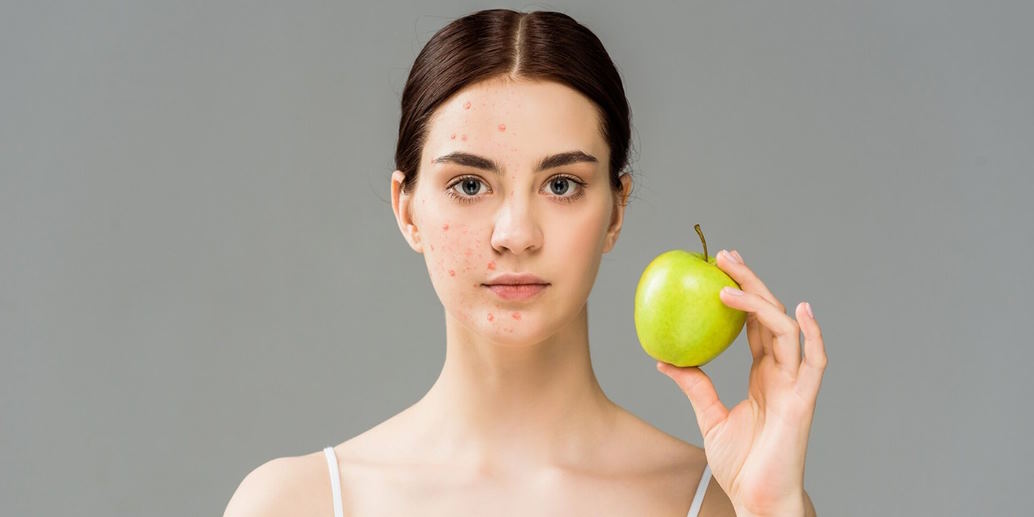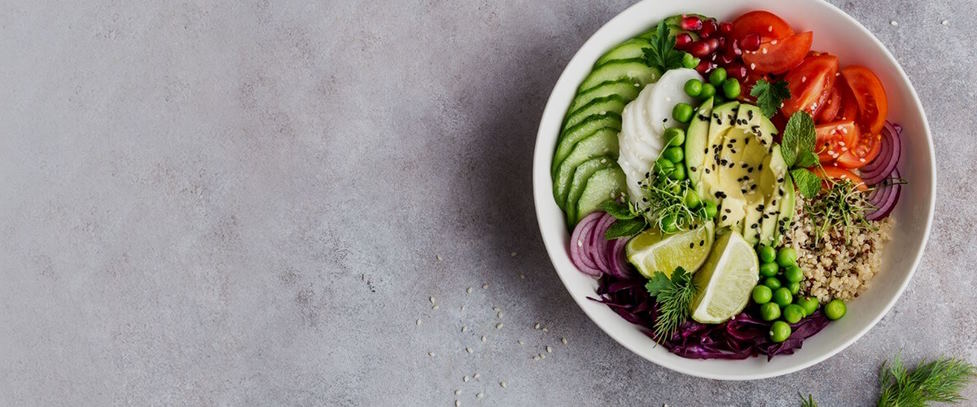
How Your Diet Affects Acne and Other Skin Issues: Expert Insights and Advice
Acne and other skin issues can be frustrating and sometimes an embarrassing problem for many people. While various factors can contribute to the development of acne and other skin issues, diet is often overlooked. In this article, we will explore the connection between diet and skin health, as well as expert insights and advice on how to modify your diet to improve the condition of your skin.
The Relationship Between Diet and Acne: What the Research Shows
Research has shown that diet can play a significant role in the development of acne. One study found that people who consumed a high-glycemic diet (i.e., a diet high in sugar and refined carbohydrates) were more likely to develop acne. Another study found that people who consumed a diet high in dairy products, particularly skim milk, were also more likely to develop acne.
Foods to Avoid for Better Skin Health
Based on the research, limiting or avoiding foods high in sugar and refined carbohydrates, such as candy, pastries, and white bread, is recommended. Limiting or avoiding dairy products, particularly skim milk, is also recommended. Some people may also find that they need to avoid other specific foods that trigger their acne or other skin issues, such as chocolate or spicy foods.

Nutrients That Are Essential for Healthy Skin
In addition to avoiding certain foods, it is also important to make sure you are getting enough of certain nutrients that are essential for healthy skin. These include:
- Vitamin A: This nutrient is important for the growth and repair of skin cells. Good sources of vitamin A include sweet potatoes, carrots, and leafy greens.
- Vitamin C: This antioxidant is important for collagen production and protecting the skin from damage. Good sources of vitamin C include citrus fruits, berries, and peppers.
- Vitamin E: Another antioxidant that helps protect the skin from damage. Good sources of vitamin E include nuts, seeds, and leafy greens.
- Zinc: This mineral is important for wound healing and immune function. Good sources of zinc include oysters, beef, and pumpkin seeds.
- Omega-3 fatty acids: These healthy fats reduce inflammation and promote healthy skin. Good sources of omega-3s include fatty fish, flaxseeds, and chia seeds.
Diet Changes to Improve Skin Health: Expert Tips and Recommendations
In addition to avoiding certain foods and ensuring you are getting enough of certain nutrients, you can make other dietary changes to improve your skin’s condition. Some expert tips and recommendations include:
- Eating various fruits and vegetables: These foods are packed with nutrients important for healthy skin.
- Drinking plenty of water: Staying hydrated is important for maintaining healthy skin.
- Limiting alcohol and caffeine: These substances can dehydrate the skin and contribute to inflammation.
- Choosing lean sources of protein: Good sources include chicken, fish, and legumes.
- Avoiding processed foods: These foods are often high in sugar, unhealthy fats, and other ingredients contributing to inflammation and skin issues.


